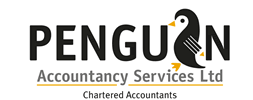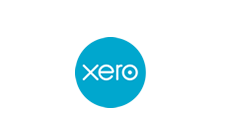Don't miss the benefit-in-kind payrolling deadline
If an employer provides its employees with benefits-in-kind, it can choose to "payroll" these so the employees can spread the payment of any tax. However, there is a strict deadline to meet to do this. What is it?

Payrolling recap
Employers can do away with the chore of reporting most types of benefit in kind on Form P11D by payrolling them instead. This involves employees paying tax on their benefits through PAYE deductions. As their employer they still need to submit a P11D(b) for any Class 1A NI they owe on the benefits to which payrolling applies.
Prepare for 2021/22
If an employer wants to use benefit payrolling for the first time they must register with HMRC before the start of the tax year for which they want to use it.
To use payrolling for the first time for the 2021/22 tax year, an employer has until 5 April 2021 to complete the registration via HMRC's registration site.
Warning! End to informal payrolling
If the employer uses their own system for payrolling benefits, they will need to register with HMRC before the deadline to use its formal scheme or stop payrolling benefits altogether. HMRC won’t accept informal arrangements for 2021/22 and later years.
Related Topics
-
Sharing salary with your partner
You’re a director with a substantial salary and your partner isn’t working right now. If you could split your salary with your partner the tax saving would make a real difference. How can you legitimately share your salary to improve the overall tax position?
-
Are you including too much income in your calculations?
Your business is partly exempt and you claim input tax on your mixed costs and general overheads by using the standard method based on turnover splits. What income should you exclude from the calculations?
-
Directors’ fees - can you escape PAYE?
You’ve been asked to join the board of a company in a purely advisory role. For tax and NI efficiency you want your fees to be paid to your own company. Does this arrangement fall foul of HMRC’s off-payroll rules?






 This website uses both its own and third-party cookies to analyze our services and navigation on our website in order to improve its contents (analytical purposes: measure visits and sources of web traffic). The legal basis is the consent of the user, except in the case of basic cookies, which are essential to navigate this website.
This website uses both its own and third-party cookies to analyze our services and navigation on our website in order to improve its contents (analytical purposes: measure visits and sources of web traffic). The legal basis is the consent of the user, except in the case of basic cookies, which are essential to navigate this website.